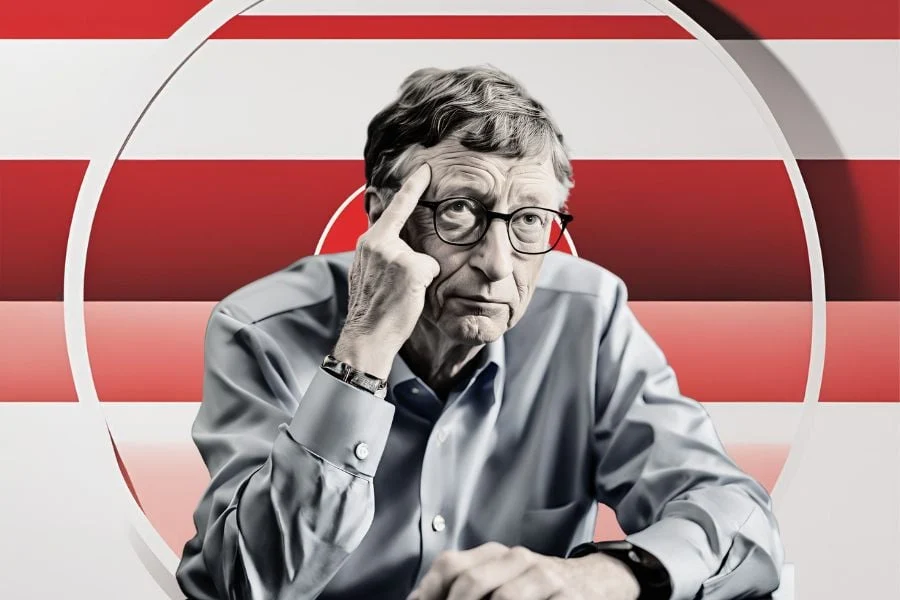Key Takeaways
1. Bill Gates believes AI can help address global shortages of healthcare workers and educators.
2. There is a significant shortage of medical professionals in countries like India and regions in Africa, with the U.S. projected to face a deficit of 86,000 doctors by 2036.
3. AI startups are attracting investment to automate healthcare processes and improve productivity, potentially adding $370 billion in value.
4. The education sector is struggling to fill teaching positions, with 86% of U.S. public K–12 schools facing staffing challenges.
5. Gates suggests that the rise of AI could lead to changes in work perception, potentially resulting in shorter workweeks and earlier retirements.
Bill Gates believes we’re on the verge of a significant AI-driven solution to the ongoing shortages of healthcare workers and educators globally. During his appearance on the “People by WTF” podcast, he expressed his conviction that as AI technology advances, these tools will take on positions that there simply aren’t enough humans to fill.
Healthcare Challenges
Gates highlighted that countries like India and various regions in Africa are already facing a shortage of medical professionals. In the U.S., the situation isn’t much better, with the Association of American Medical Colleges predicting a deficit of up to 86,000 doctors by the year 2036.
AI startups in the healthcare sector are recognizing the potential in this space and are attracting significant investment. Companies such as Suki, Zephyr AI, and Tennr have secured large funding rounds aimed at automating billing processes, recording patient notes, enhancing diagnostic precision, and even identifying candidates for new treatments. Consulting firm McKinsey estimates that generative AI could elevate productivity in healthcare and pharmaceuticals by about $370 billion.
Education Sector Struggles
The education sector is also feeling the pressure. Federal statistics from last year indicated that 86 percent of public K–12 schools in the U.S. had difficulties in filling teaching positions, with nearly half of them operating with reduced staff. In London, one high school even started using ChatGPT to assist students in preparing for core subject exams.
Gates isn’t limiting his thoughts to just white-collar jobs. He firmly believes that AI-powered machines—like sophisticated robots designed for factories, construction, and hospitality—will soon take over physical jobs that were once the domain of humans. Companies like Nvidia are already investing heavily in humanoid robots capable of gripping, moving, and manipulating objects with a dexterity akin to that of humans.
Future of Work
This shift could significantly change our perception of work, potentially resulting in shorter workweeks and earlier retirements. Gates remarked, “It’s going to force us to rethink what we do with our time,” acknowledging that adapting to a world that has historically lacked resources will not be easy.
Gates even referenced economist John Maynard Keynes, who famously predicted in 1930 that technological advancements would one day reduce our workweeks to a mere 15 hours—a vision that has not materialized, despite notable increases in productivity. As for Gates, he continues to work by choice rather than necessity. “I don’t have to work,” he chuckled. “I choose to—because it’s fun.”
Source:
Link


